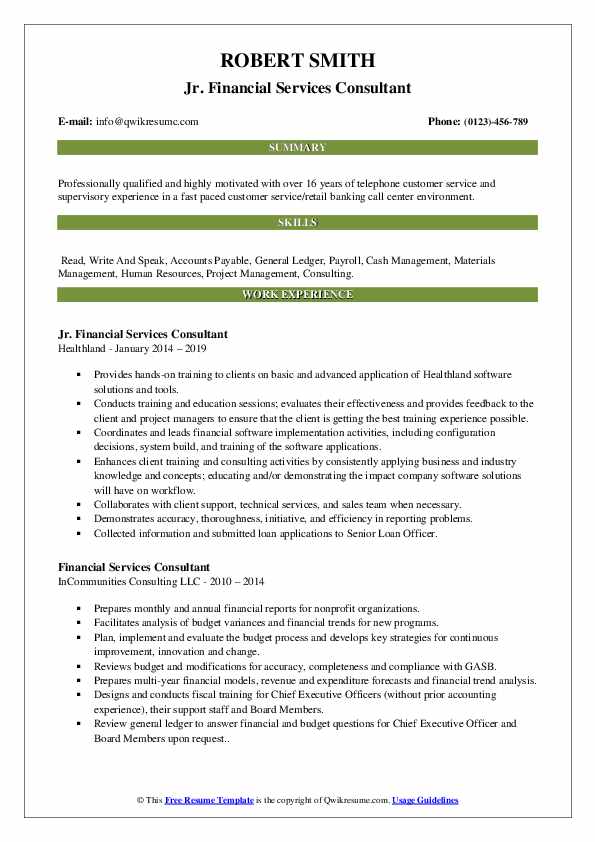
IBM is a major name in technology. The company has a rich history. The company was started in 1911. To celebrate its centenary, 100 people were featured in a series that explains the company’s contributions to society. Joe Pytka, an influential commercial filmmaker, directed "100x100", and Errol Morris, an Academy Award-winning documentary director, shot "They were There". Philip Glass also provided music.
Hollerith punchcard - ibm
The Hollerith punch card for IBM was inspired by a system that was used in textile mills as well as other industrial processes back in 1725. Joseph Marie Jacquard later used this method to create a silk portrait. Semen Korsakov stored information using punch cards in 1832. IBM's Hollerith punchcard would be used to record census data. This would eventually lead to the founding of IBM.
The strategic alliance between IBM and Nazi Germany began in early 1933, and the company's subsidiaries contributed to the development of various Nazi-era enabling technologies. German authorities needed a way of quickly and accurately identifying Jews to ensure that they could be targeted for annihilation. IBM's Hollerith punch-card machines were a critical tool in this process.
Magnetic stripe from ibm
IBM's history with magnetic stripe begins when an engineer created a method to attach magnetic media on plastic cards to store them. He was familiar with magnetic tape and believed it would be easy to combine them. But his wife suggested an alternative. She suggested melting the magnetic stripse onto the plastic cards. IBM was the first company to use this technology for commercial purposes.

The company wanted to establish a system that could record financial information and personal identity. They were looking for a way of decoding personal data to make it easier to access the information. The team assembled a group of researchers that were able to devise a system for doing just this. IBM began rolling out employee ID cards as well as bank cards after the team completed their work.
IBM's first computer
Arthur Rackham was born April 5, 1911 and was a leader in the introduction IBM's computers. He was an entrepreneur and a mathematics teacher who attended Drake University, Iowa State College and Columbia University. Later, he became head of IBM's Research and Development Division.
During the war, the United States Air Force asked IBM to develop an electro-mechanical bombsight. But, IBM was still uncertain about the future prospects of electronic computing. Tom Watson, Jr., felt at the time that IBM was not moving quickly enough towards electronic computing. He thought of an electronic computer for scientific computations.
IBM's research
The IBM Archives document the company's achievements and progress over the years. Currently, IBM employs 195,000 technical professionals and has 350 Distinguished Engineers and 60 IBM Fellows. NetObjects Technologies has been acquired by IBM. Many of its products have been used in the business sector.
The company's sales grew steadily. Wall Street was awestruck by the company's growth. The company's profits were up by almost $16 billion by 1984. Wall Street was a long-standing favorite of IBM Corporation. IBM was seen as the only company that could rival Japanese companies. It was even the subject for a best-selling book.

IBM's stock-purchase plan
The IBM Stock Purchase Plan is a retirement plan that allows eligible IBM employees to purchase the company's common stock. Originally, IBM employees were paid 85 percent of the average market price on the first and last business days of the offering periods. However, in 2005, IBM modified the terms of the plan, so that eligible participants can now purchase full or fractional shares of IBM stock at a five percent discount off the average market price on the day they purchase them.
Shares purchased under the Plan are eligible for resale at any time. This can sometimes be stopped. These shares can be bought from the open markets or treasury.
FAQ
What is the difference in a consultant and advisor?
A consultant provides advice on a topic. A consultant offers solutions to problems.
To help clients achieve their goals, a consultant works directly with them. The advisor provides indirect advice through books, magazines lectures, seminars, and the like.
How much do consultants make?
While some consultants may make over $100k per annum, most consultants earn between $25k and $50k. The average consultant salary ranges from $39,000 to $39,000. This includes both hourly and salaried consultant.
Salary depends upon experience, location, industry and type of contract (contractor/employee). It can also depend on whether the consultant has their own office or works remotely.
What skills are necessary for consulting?
Strong interpersonal and analytical skills are essential for consultants. This is vital because you may not understand the scope of your work. This is a must because you need to learn how quickly you can manage people.
Communication skills are essential. Most clients expect to hear back within 24 hours. If they don't hear back from you, they assume you aren't interested. It is vital to inform them and make sure that they are fully informed.
How do I attract clients to my consultancy business
It is important to identify an area of passion. This could be social media or public relations. However, it must be something that you are passionate about. If not, you may have to start small by finding a niche market such as web design. Once you find the right niche, it is important to know what makes it tick. What problems does this solve? Why should people use them? And most importantly, how can you help them?
You can also approach businesses directly.
If all else fails you can offer your services at free events such as conferences or networking nights. You'll meet many potential customers without spending money on advertising, and you'll be able to show off your skills.
What does it cost to hire an expert?
There are many factors that go into the cost of hiring a consultant. These factors are:
-
Project size
-
Time frame
-
Scope of employment
-
Fees
-
Deliverables
-
Other factors to consider include location, experience, and other considerations.
Are consulting incomes subject to tax?
Yes, you will need to pay tax on your consultancy profits. This amount will depend on how much you earn each year.
If you are self employed, you can claim expenses in addition to your salary. This includes rent and childcare.
However, you cannot deduct interest payments from loans, vehicle repairs, or the cost for equipment.
You cannot claim back less than PS10,000 in a given year.
However, even if your earnings exceed this threshold you may still be subject to tax depending on whether or not you are a contractor or an employee.
The PAYE tax for employees and the VAT tax for contractors is generally paid as you earn.
What jobs are available as consultants?
A job as a consultant requires you to have an excellent understanding of business strategy and operations. You need to be able to comprehend how businesses function and how they fit in with society.
Consultant work requires excellent communication skills and the ability to think critically.
Consultants must be adaptable because they may be asked to do different tasks at different times. They must be able and willing to adapt quickly to changes in direction.
They should be able to travel extensively for clients. They may be required to travel all over the globe for this type of work.
They need to be able and able to manage pressure and stress. Consultants might sometimes have to meet tight deadlines.
Consultants are often expected to work long hours. This could mean that overtime may not always be paid.
Statistics
- Over 62% of consultants were dissatisfied with their former jobs before starting their consulting business. (consultingsuccess.com)
- "From there, I told them my rates were going up 25%, this is the new hourly rate, and every single one of them said 'done, fine.' (nerdwallet.com)
- Over 50% of consultants get their first consulting client through a referral from their network. (consultingsuccess.com)
- 67% of consultants start their consulting businesses after quitting their jobs, while 33% start while they're still at their jobs. (consultingsuccess.com)
- My 10 years of experience and 6-step program have helped over 20 clients boost their sales by an average of 33% in 6 months. (consultingsuccess.com)
External Links
How To
How Can I Start A Consultancy Business With No Money?
It's easy and cost-effective to start your own consulting business without capital investment.
In this tutorial, you'll learn how to make money online while working from home, improve your skills, earn some extra cash, and become successful.
These secrets will help you generate traffic on demand. This is especially important when people are looking for something specific.
This is known by the name "Targeted Traffic". This method was designed specifically for you to do this...
-
You should choose the niche you wish to work in.
-
To find the best solutions on Google, research which keywords people are using.
-
These keywords are the basis of your content.
-
Post your articles on article directories.
-
Social media platforms can be used to promote your articles.
-
Develop relationships with experts in the niche and influencers.
-
Be featured on these blogs and websites.
-
By sending emails, you can increase your email list.
-
Make money.